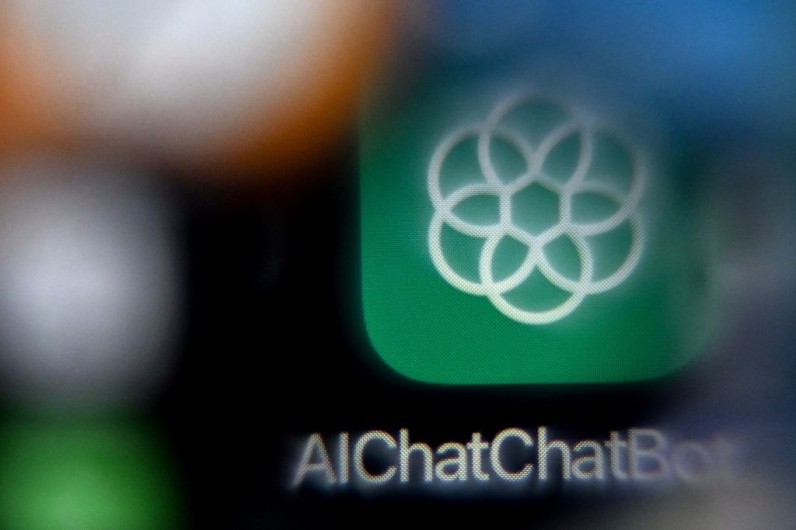
Leopold Aschenbrenner, a former security researcher at ChatGPT developer OpenAI, predicts that artificial intelligence will become indistinguishable from humans by 2027. In professional circles, this level is called artificial general intelligence (AG).
Leopold Aschenbrenner Explores Future of AI in New 165-Page Document
In the 165-page document, Aschenbrenner delves into the future of artificial intelligence. In this article, the author delves into the concept of "Situational Awareness" and how artificial intelligence can possess the ability to understand and adapt to their surroundings.
In his essays, Aschenbrenner focuses on AGI, highlighting its potential as a form of intelligence that can rival human capabilities.
Significant progress has been made in the development of AI, with machines becoming increasingly proficient at specialized tasks. However, the pursuit of AGI, or Artificial General Intelligence, is bringing us closer to a future where machines possess a broader range of capabilities.
According to Aschenbrenner, the ultimate objective is to develop a superintelligence. Prior to reaching that milestone, he predicted that AGI would be achieved by 2027.
If his prediction is correct, it could be a groundbreaking moment, as it would mean that the advancements will heavily influence our future in computer power. The outcome of every battle will be determined by the amount of computer power possessed by the participants.
Aschenbrenner's Essay on AGI and Superintelligence
Business Insider summarized the report using GPT-4, the powerful language model that powers ChatGPT. Leopold Aschenbrenner's essay explores the potential of artificial general intelligence (AGI) and superintelligence and predicts notable advancements in AI technology in the coming years.
Significantly, the essay asserts that AI companies could potentially develop AGI faster than expected, given the current technological advancements. These are the additional key points shared by the former OpenAI researcher:
According to Leopold Aschenbrenner, artificial general intelligence could be developed by 2027. Aschenbrenner bases this prediction on the advancements made from GPT-2 to GPT-4.
The implications of advanced artificial general intelligence (AGI) on superintelligence: An AI safety expert has made a prediction about the future of artificial intelligence. According to this expert, AI capabilities may significantly advance, potentially surpassing human-level intelligence. According to him, this transition is expected to occur due to the ability of AI to automate and expedite research and development.
According to Aschenbrenner, the AI sector will receive increased funding from corporate and government sources. This surge in financial support is a response to the growing global interest in preparing for AGI and superintelligence.
Changes in national and global security dynamics could lead to countries implementing more stringent measures to regulate and oversee the progress of AI technology. Nevertheless, the level of global competition, particularly between the United States and China, could escalate and potentially result in a full-scale conflict.
According to Aschenbrenner, there may be difficulties in ensuring that AI aligns with human values and interests.
The widespread adoption of this technology has the potential to reshape entire industries and the employment landscape, as it replaces many jobs that were once performed by humans.
US government involvement: The United States is expected to continue to advance artificial intelligence in the coming years, recognizing its strategic significance.
Technological mobilization: Countries can use artificial intelligence to bolster their infrastructure in support of their national policies.
These trends may occur sooner as OpenAI transitioned from GPT-4 to GPT-4o for its flagship model.







Join the Conversation